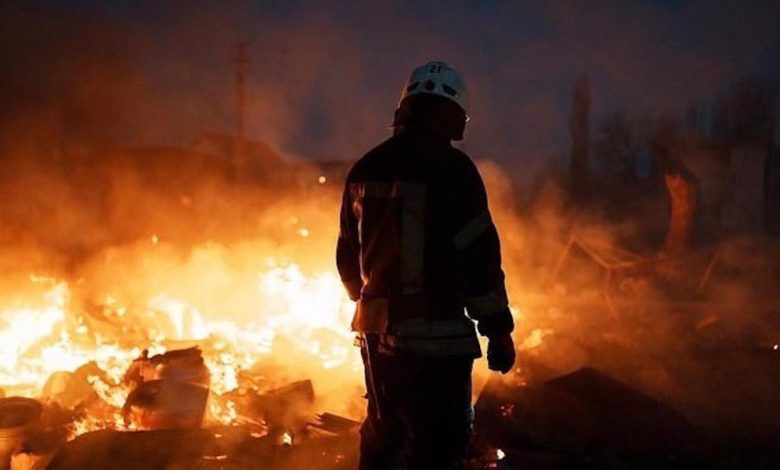

The European Union has officially approved its 16th package of sanctions imposed against Russia in response to its full-scale invasion of Ukraine, while the UK came out today with its own series of measures designed to stymie the Russian war machine.
The new measures, announced on the third anniversary of the all-out war, target Russia’s shadow fleet of oil tankers, banks, aluminum imports, and other sectors.
“For three years now, Russia has relentlessly bombed Ukraine, attempting to steal land that isn’t theirs to take,” the EU’s top diplomat, Kaja Kallas, said in a statement.
The resumption of short cuts and old trading patterns would cut the ton-mile multiplier
While Europe remains steadfast in its support of Uklraine, across the Atlantic, the new Donald Trump administration is attempting to bring the war to an end with officials in Washington DC saying American sanctions against Russia could be eased as negotiations for a settlement progress.
“This would have ramifications for vessel supply, as the resumption of short cuts and old trading patterns would cut the ton-mile multiplier. The status of the vast shadow tanker fleet would be called into question, with a possible gradual shift back to the compliant fleet leaving many elderly tankers sidelined and in search of employment, end of life care or termination,” analysts at broker Hartland Shipping suggested in their latest weekly report.
“The resolution could improve efficiency in oil transportation by reducing reliance on costly alternative routes and shadow fleets, leading to lower logistics costs and enhanced market stability,” Signal Ocean maintained in a recent report.
On dry bulk, analysis by BIMCO shows that over the past 12 months Ukraine has seen an 87% year-on-year jump in shipments, while Russia dry bulk volumes have taken a 6% year-on-year fall.
The primary reason for Ukraine’s spike in shipments lie in the success of its coastal corridor. Since August 2023, Ukraine has exported dry bulk cargoes via a coastal corridor, and despite Russian attacks on ships in September and October 2023, this has proven to be an effective solution. Nonetheless, volumes remain 36% lower than before the war began.
“Over the past 12 months, tonne mile demand from Ukrainian and Russian cargoes has increased 3% y/y combined. Unlike volumes, tonne mile demand was already higher than pre-war levels during the second year at war because sanctions on Russian coal increased sailing distances. The demand increase has primarily benefitted ships in the panamax and supramax segments, whereas capesize demand remains below pre-war levels,” commented Filipe Gouveia, shipping analysis manager at BIMCO.
Energy News Beat
